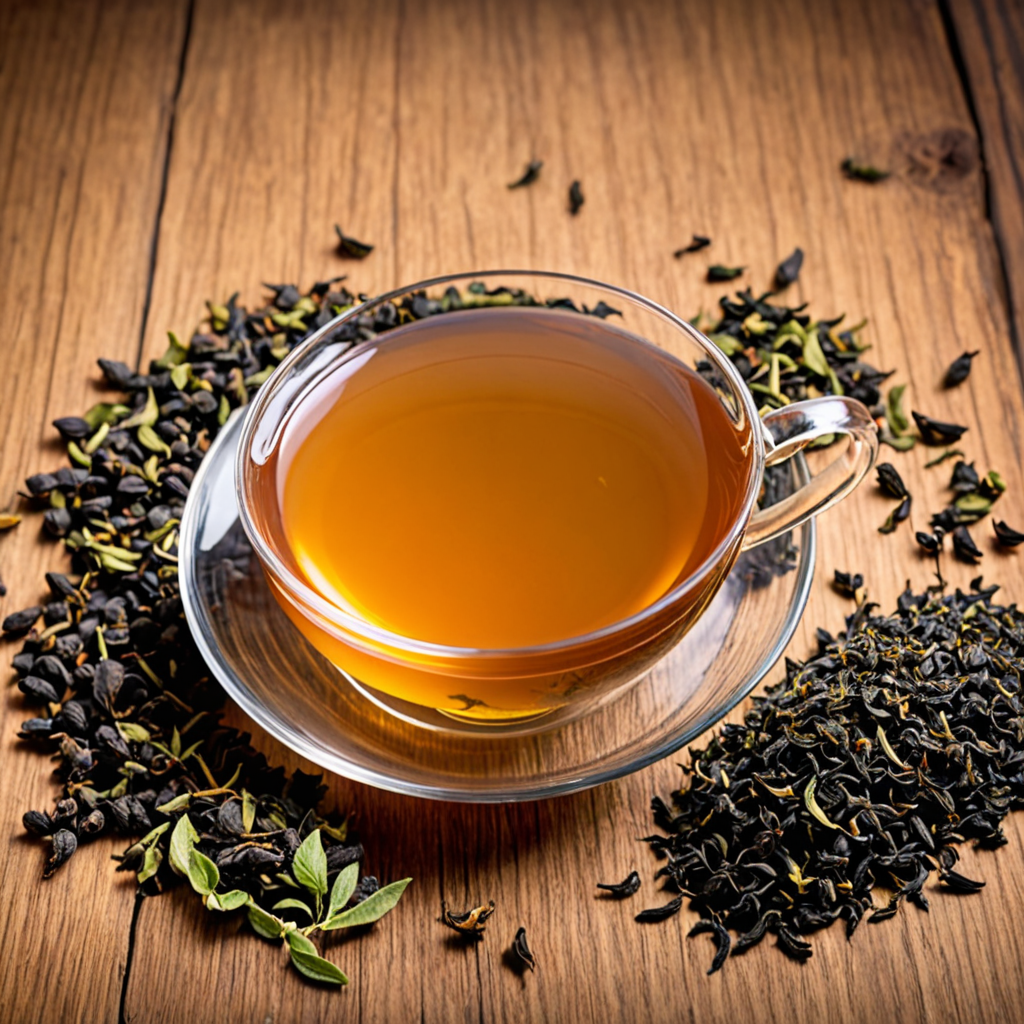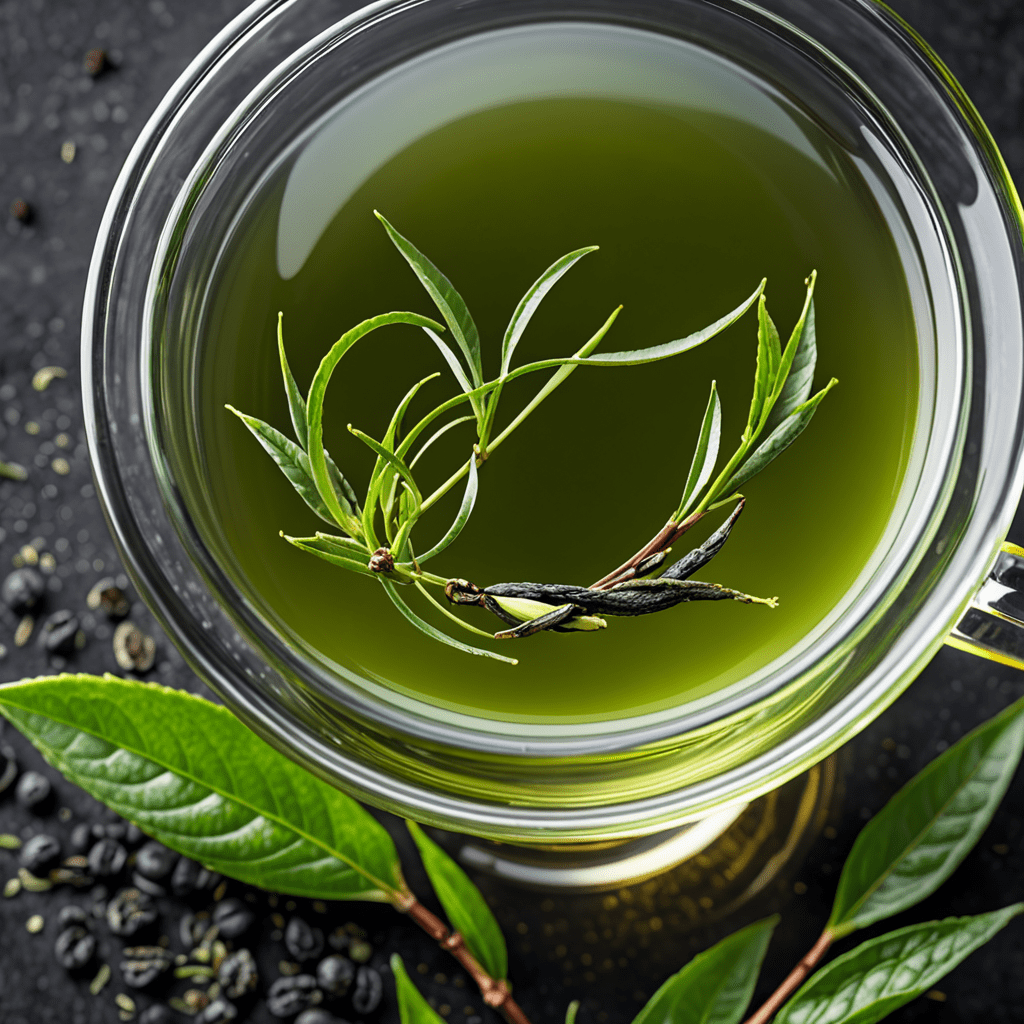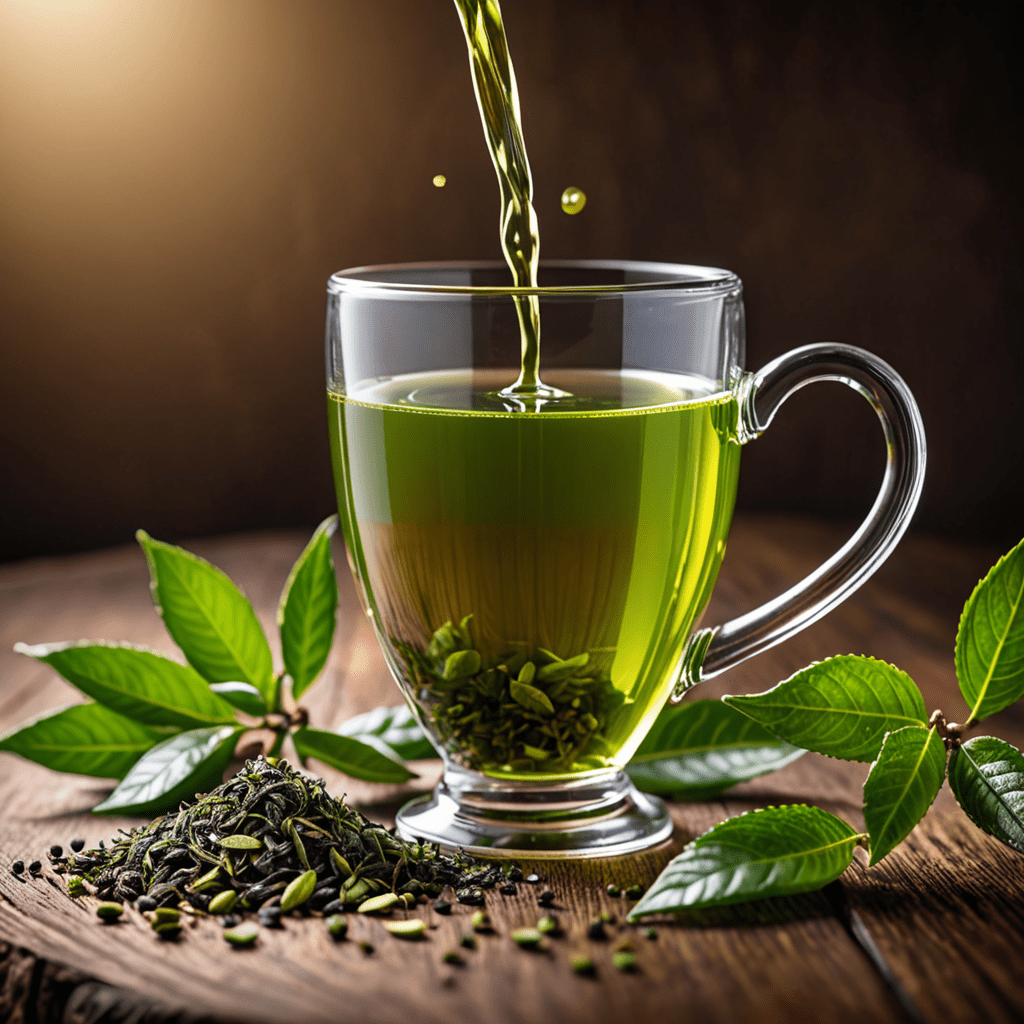
Understanding the Contrast between Black Tea and Green Tea: A Comprehensive Comparison
Introduction
In the world of tea, black tea and green tea stand as two pillars, each offering unique flavors, aromas, and health benefits. While they both originate from the Camellia sinensis plant, their processing methods and chemical compositions result in distinct characteristics. Understanding the differences between these two popular tea types can help tea enthusiasts make informed choices based on individual preferences and health goals.
Processing
Black tea undergoes full oxidation during its processing, which involves withering, rolling, oxidation, and drying. This oxidation process is what gives black tea its dark color and rich, robust flavor. On the other hand, green tea is minimally processed and undergoes minimal oxidation, which results in its vibrant green hue and delicate, fresh flavor profile.
Flavor and Aroma
The differences in processing lead to distinct flavor and aroma profiles. Black tea is known for its bold, full-bodied taste with hints of malt, caramel, and even chocolaty notes, making it a popular choice for those who enjoy a robust and rich cup of tea. In contrast, green tea offers a more delicate and vegetal flavor, often with grassy, nutty, or floral undertones, appealing to those who appreciate a lighter, more refreshing infusion.
Caffeine Content
Both black tea and green tea contain caffeine, but the levels differ. On average, black tea contains more caffeine than green tea. This makes black tea a suitable choice for those seeking a more significant caffeine boost, while green tea offers a milder, more gradual energy lift. The L-theanine content in green tea also contributes to a more balanced and sustained release of energy, which can be an attractive aspect for some individuals.
Nutritional Benefits
Green tea is renowned for its high content of polyphenols, particularly catechins such as EGCG (epigallocatechin gallate), which possess potent antioxidant properties. These antioxidants have been linked to various health benefits, including supporting heart health, aiding in weight management, and promoting overall well-being. Black tea, while also containing beneficial antioxidants, may have slightly lower levels due to the oxidation process. Nevertheless, it still offers potential health advantages, such as supporting digestive health and immune function.
FAQ
What are the key differences in the processing of black tea and green tea?
Black tea undergoes full oxidation during its processing, leading to a rich, robust flavor and dark color. In contrast, green tea is minimally processed and undergoes minimal oxidation, resulting in a delicate, fresh flavor profile and vibrant green hue.
How does the caffeine content in black tea compare to green tea?
On average, black tea contains more caffeine than green tea. This makes black tea a suitable choice for those seeking a more significant caffeine boost, while green tea offers a milder, more gradual energy lift.
Why is green tea often associated with more health benefits than black tea?
Green tea is renowned for its high content of polyphenols, particularly catechins such as EGCG, which possess potent antioxidant properties. These antioxidants have been linked to various health benefits, including supporting heart health, aiding in weight management, and promoting overall well-being. While black tea also contains beneficial antioxidants, it may have slightly lower levels due to the oxidation process.

